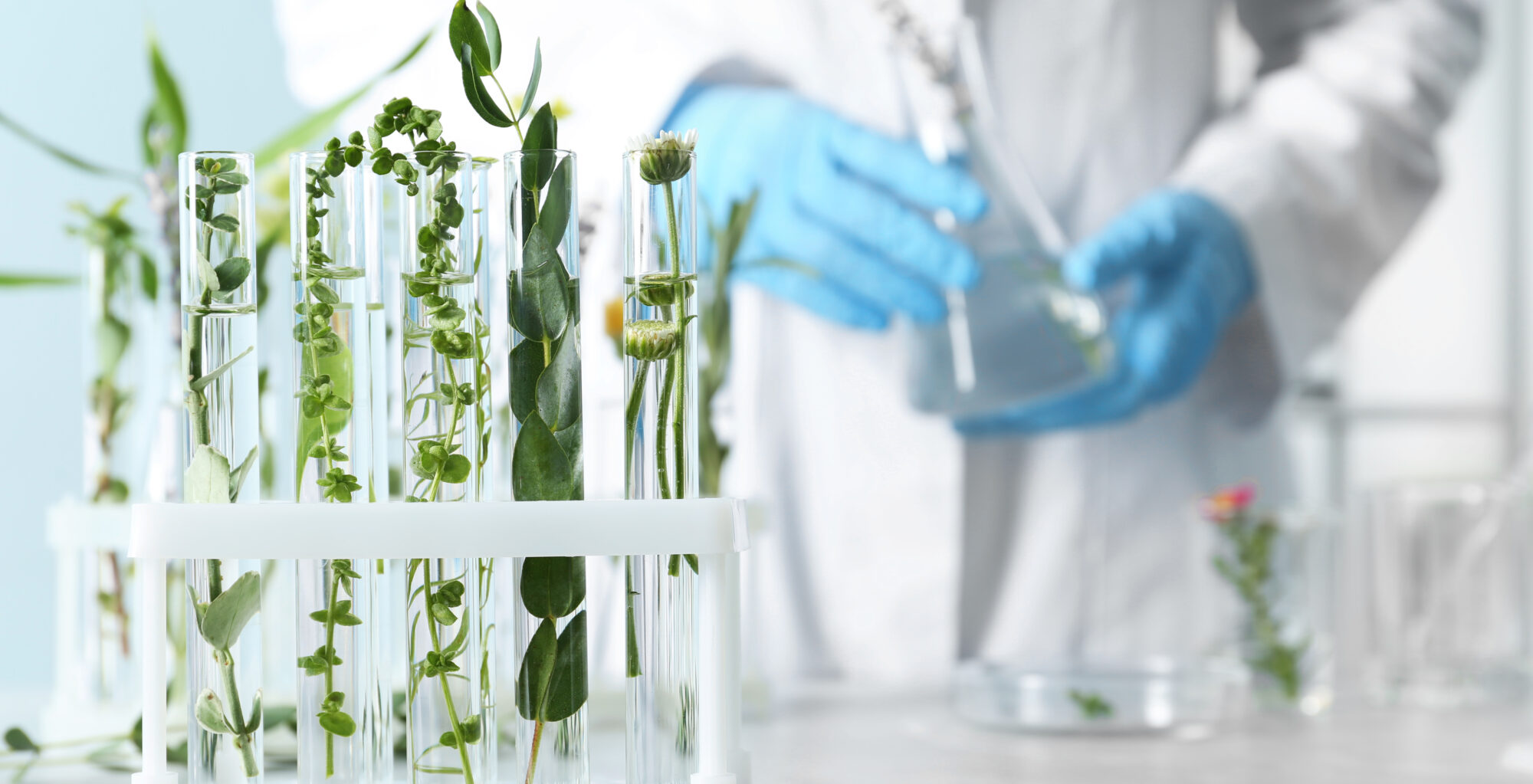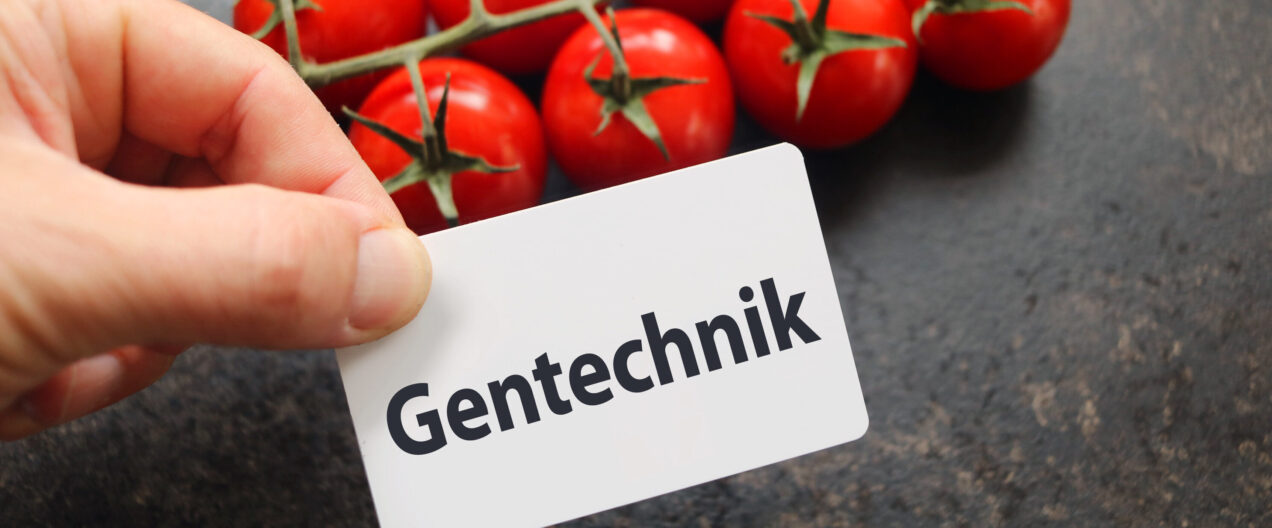
'Tomatoes on your eyes'
The submitted “Food Protection Initiative” calls for “GMO-free food.” Leaving aside this illusory demand, its adoption would mean more bureaucracy, more trade barriers, and less innovation. The Swiss Farmers’ Union describes the proposal as “unnecessary” and warns of a setback to the goal of achieving an even more sustainable agriculture.

The Great Suffering of Farmers
Fire blight, Japanese beetles, or grapevine yellows – farmers in Valais, too, are increasingly feeling helpless in the face of the threats posed by nature. More and more often, they lack the means to effectively protect their crops. This makes it all the more important for the Federal Council to place a pragmatic balancing of interests at the forefront when setting threshold values.

Why consumers accept gene-edited foods on their plates
Acceptance of gene-edited foods increases when their tangible benefits are clear to consumers. Studies show that visible advantages for health, the environment or food security are key to public support.
Myths & Facts
swiss-food stands for fact-based information. Important facts are explained here in an understandable way.
To the myths and factsFrom the media
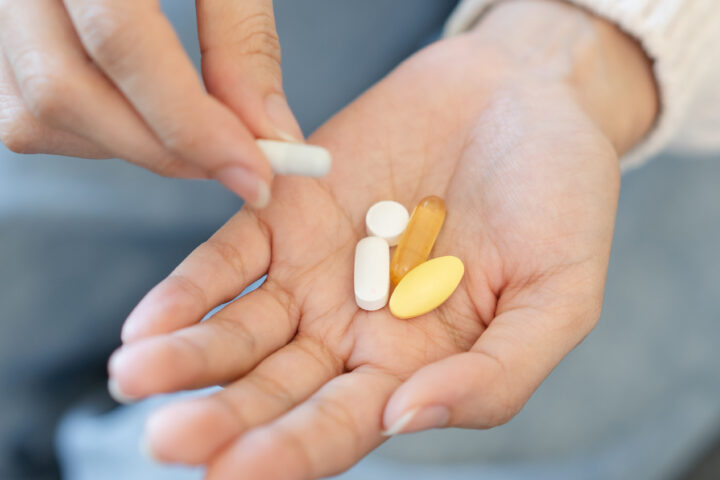
Residue is not the same as residue
Painkillers like Voltaren are a blessing for us – yet in our rivers they can harm fish. If these were crop protection products, calls for bans would be immediate. It becomes clear that we are applying double standards.

ARTE documentary: Genetic engineering in organic farming?
The ARTE documentary “Genetic engineering in organic farming?” examines key controversial questions of modern agriculture: Is the general exclusion of new breeding technologies still up to date? Can the resistance of organic farming be justified scientifically?

The Great Suffering of Farmers
Fire blight, Japanese beetles, or grapevine yellows – farmers in Valais, too, are increasingly feeling helpless in the face of the threats posed by nature. More and more often, they lack the means to effectively protect their crops. This makes it all the more important for the Federal Council to place a pragmatic balancing of interests at the forefront when setting threshold values.

'Tomatoes on your eyes'
The submitted “Food Protection Initiative” calls for “GMO-free food.” Leaving aside this illusory demand, its adoption would mean more bureaucracy, more trade barriers, and less innovation. The Swiss Farmers’ Union describes the proposal as “unnecessary” and warns of a setback to the goal of achieving an even more sustainable agriculture.
Knowledge

Genetic Engineering in Everyday Swiss Life – “There’s a Gene in Everything!”
The genetic engineering moratorium in place since 2005 gives the impression that Switzerland is largely free of genetic engineering. However, a closer look shows that genetic engineering has long since become part of our everyday lives – we just usually don’t notice it.

Global facts on world food and agriculture
Only thanks to technological progress and modern crop protection will we be able in the future to conserve our resources while feeding a growing population in a healthy and affordable way.

Pesticides in Green Smoothies
After countless recipes for Christmas cookies, festive roasts and cocktails, the advice on losing weight, detoxing and beautifying oneself now takes centre stage. Most of it is sheer nonsense.
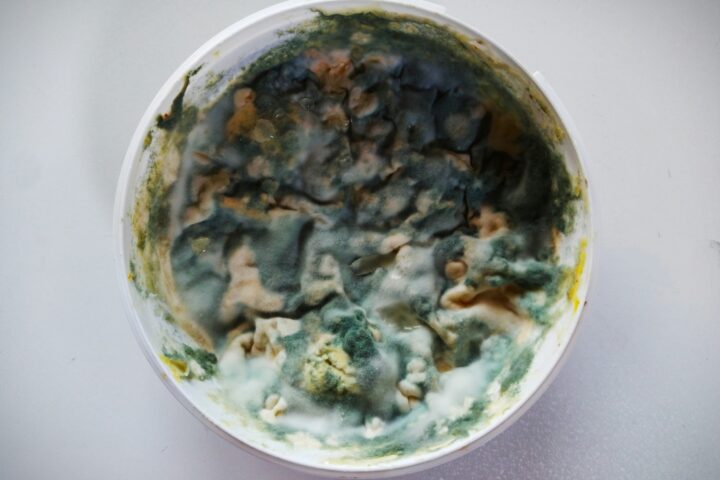
Natural Toxins: An Underestimated Risk in Our Food
Safe food cannot be taken for granted. While chemical substances are often the focus of public criticism, reality shows that the greatest risks to food safety are of natural origin. Recent recalls of infant food products illustrate how insidious bacterial toxins or moulds can be.
Audio & Video
swiss-food has a large selection of exciting videos and podcasts on the topics of food, agriculture and research.
To the podcasts and videosPolitics
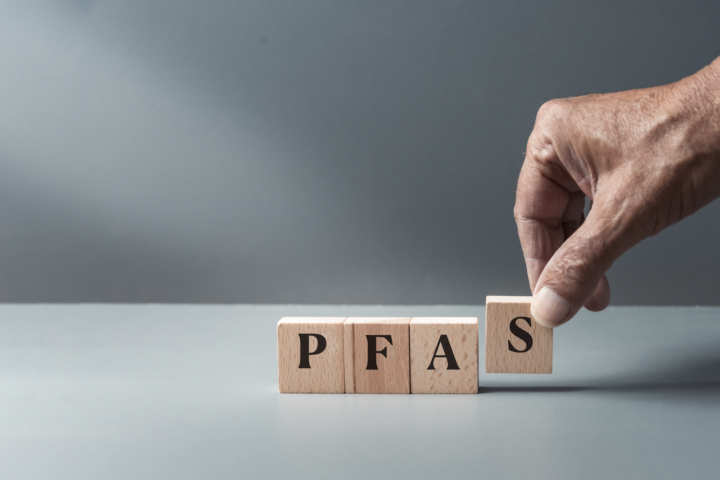
Assess scientifically instead of banning indiscriminately
The debate surrounding PFAS is gaining momentum in Switzerland. At its core are questions about potential risks to human health and the environment, as well as future regulatory approaches. A differentiated, science-based approach is essential – as emphasised by scienceindustries in a short interview with Dominique Werner, Head of Chemicals Regulation.

Faster Approval of Crop Protection Products Long Overdue
Switzerland diligently bans active substances that have also been withdrawn from the market in the EU. Conversely, it is dragging its feet: modern products that are approved in neighboring countries remain blocked. With the adoption of the amendment to the Agriculture Act, the National Council has now taken an important step toward faster approval of plant protection products.

Differing perceptions
While the increasing administrative burden is perceived as the main concern in the economy, parts of the population see it differently. Meanwhile, regulations are repeatedly misused as a means of exerting power in the competitive struggle – to the detriment of SMEs.
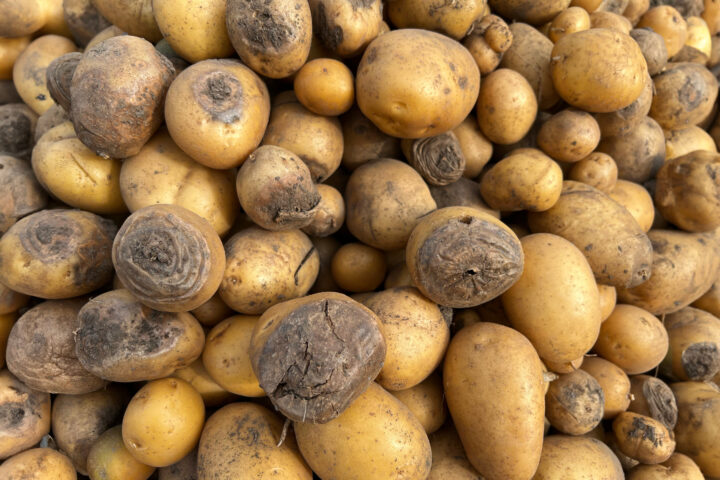
Domestic production as a blind spot
Switzerland's food security is increasingly under pressure: last year's disastrous wheat and potato harvests have led to an increasing dependence on imports. However, the report by the Federal Office for National Economic Supply (FONES) is largely silent on the precarious state of the domestic agricultural sector. The IG BauernUnternehmen (Farmers' Company) has therefore sharply criticised the federal government.
Blindspot
Blindspot articles are marked with a small spotlight and illuminate the «blind spots» in the agricultural policy debate.
To the Blindspot articlesResearch
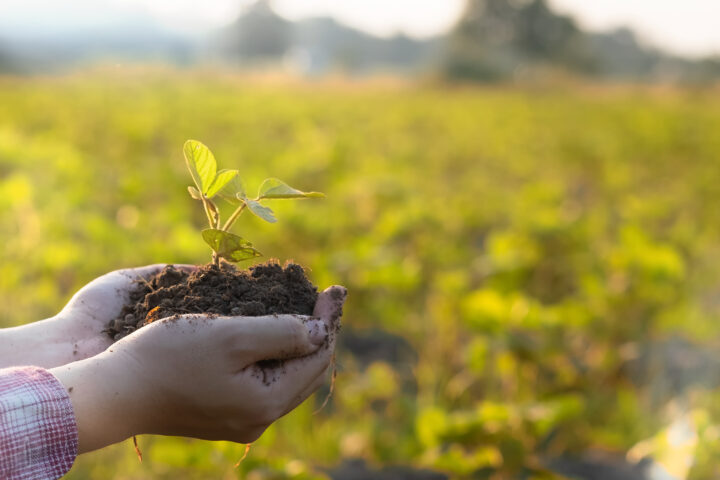
Lack of diversity becomes an existential problem
The dwindling genetic diversity in fields is becoming an increasing problem. Unfortunately, this problem is growing steadily, partly because politicians in Switzerland and the EU are viewing the issue through ideological lenses instead of listening to science.

Research into fungal diseases in Lyon
Fungal diseases are one of the greatest threats to global food production. They endanger crops, cause billions in damage every year and have always put farmers under pressure. A detailed report by RTS provides insights into Bayer's global research and development centre in Lyon, where new, environmentally compatible fungicides are being researched.

Science sounds the alarm: Federal Council draft slows down innovation
The new genomic breeding methods are regarded worldwide as a source of hope for climate-resilient agriculture – precise, efficient, and safe. While countries such as the US, Japan, and soon the EU are pushing for deregulation, the Federal Council's regulatory proposal remains tentative. Now researchers and industry are sounding the alarm: the proposed rules are so strict that they would effectively block innovation and application.
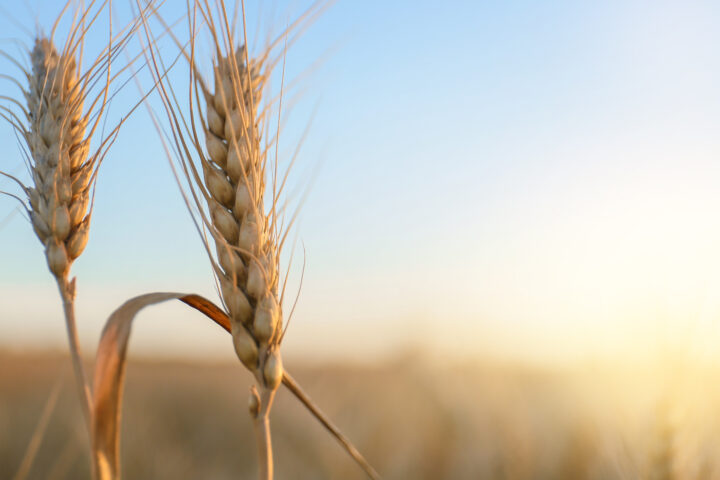
Approvals are becoming a brake on innovation worldwide – and agriculture is being left behind
New findings from the United States highlight what has long been a reality in Europe and Switzerland as well: the development and approval of new crop protection products has become such a complex, lengthy, and costly process that even innovative, sustainable solutions can hardly reach the market anymore.


